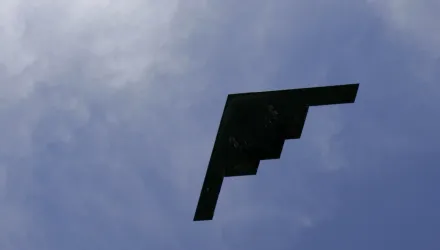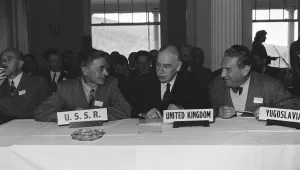International Security is America's leading peer-reviewed journal of security affairs.
Summary
Thirty years after the Israeli attack on the Osirak reactor in June 1981 the consequences for Iraq’s nuclear weapons program remain hotly debated. A new history of this program, based on several new Iraqi sources, yields a net assessment of the impact of the Israeli attack that differs from prevailing accounts. The attack had mixed effects: it triggered a covert nuclear weapons program that did not previously exist, while necessitating a more difficult and timeconsuming technical route to developing nuclear weapons. Notwithstanding gross inefficiencies in the ensuing program, a decade later Iraq stood on the threshold of a nuclear weapons capability. This case suggests that preventive attacks can increase the long-term proliferation risk posed by the targeted state.
Malfrid Braut-Hegghammer, "Revisiting Osirak: Preventive Attacks and Nuclear Proliferation Risks," International Security, Vol. 36, No. 1 (Summer 2011), pp. 101-132
The full text of this publication is available in the link below.





